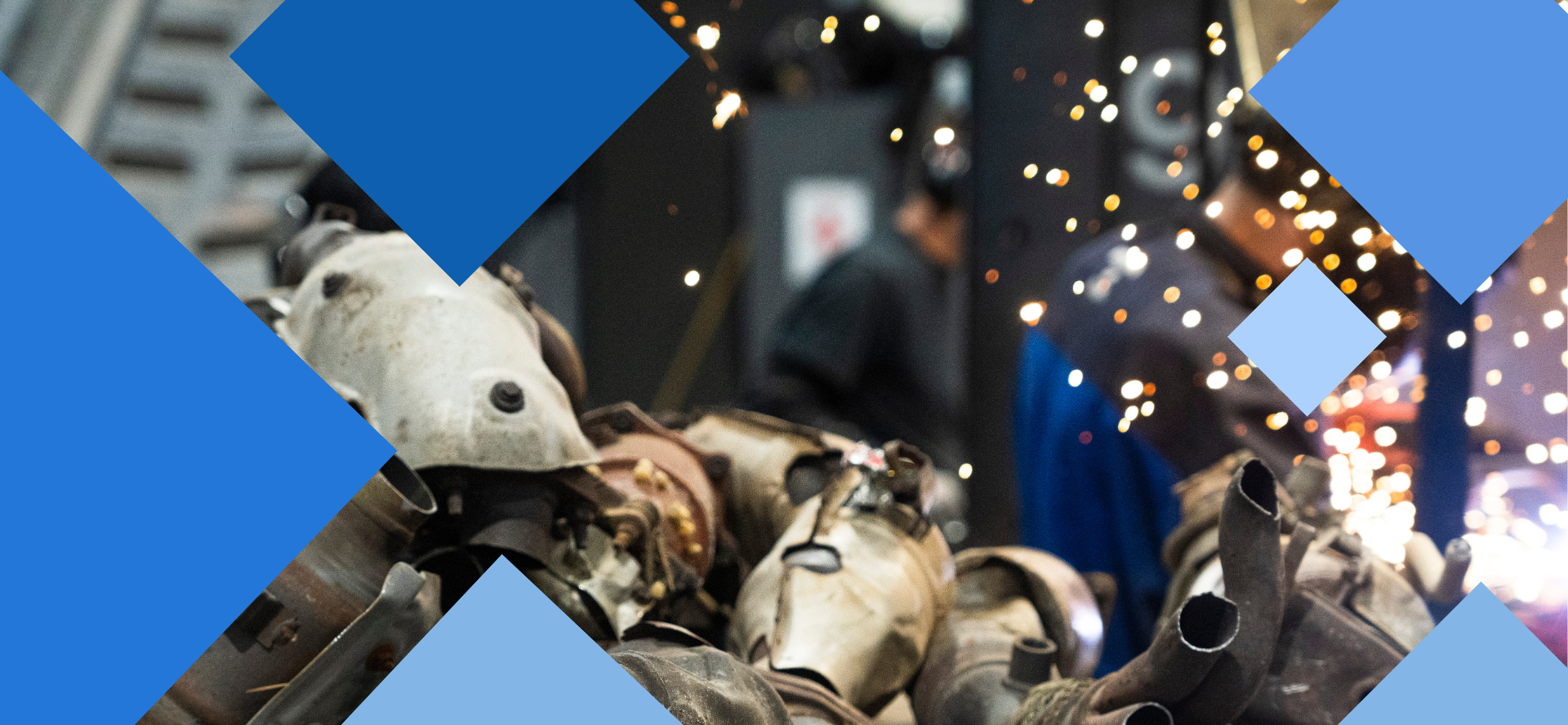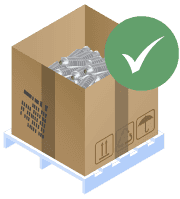Insights
5 Questions About Boosting Converter Buying Success

1. How does accurate grading help recyclers avoid overpaying and maximize converter profitability?
Grading catalytic converters accurately is critical to controlling costs and boosting margins. Recyclers risk overpaying or underpricing units without understanding the expected precious metal content in each converter. A standardized grading process, supported by employee training and up-to-date market indicators, allows for consistent, data-driven purchasing decisions.
2. What partnerships support both efficient purchasing and scalable converter processing?
Strategic partnerships streamline operations and boost volumes. Partnering with trusted auto dismantlers, scrap metal recyclers or tow yards secures a steady supply of converters.
On the processing side, working with a converter processor that offers flexible lot sizes, fast turnaround times and transparent assay reports allows recyclers to scale operations without sacrificing efficiency. Strong partnerships often come with added benefits, too, such as pricing support, logistics solutions and shared market insights.
3. How can recyclers use technology and processes to reduce losses and improve converter management?
Theft and inventory shrinkage are common threats in converter recycling. Recyclers can leverage technology by using secure inventory management software, which enhances tracking and accountability.
Combining technology with strong internal processes, including secure storage areas, handling protocols and frequent audits, reduces the risk of theft and misplaced material.
4. What hidden costs should recyclers watch for when selling converters?
Hidden costs can significantly impact overall converter returns. While a processor's payout may look competitive at first glance, fees for shipping, handling, lot minimums, long settlement times or vague assay processes can quietly reduce profits. Recyclers should look for transparent partners who clearly outline their fee structures, offer fair terms and provide detailed reporting.
Understanding the full cost of each transaction—not just the price per unit—ensures recyclers retain more value from every load.
5. How can recyclers leverage market trends, forecasting and hedging to protect and grow profits?
Platinum, palladium, and rhodium prices can be volatile, making it essential for recyclers to stay informed on automotive industry trends, mining supply and global market shifts. Staying current enables informed buying and selling decisions.
Incorporating hedging strategies—such as working with a processor who can lock in market prices when shipping, helps minimize the risk of sudden market dips. Partnering with companies like PMR Inc., which offer real-time pricing, small-lot hedging, market insights, historical data and customized buying and selling tools, empowers recyclers to stay ahead of the curve and maximize their returns.

